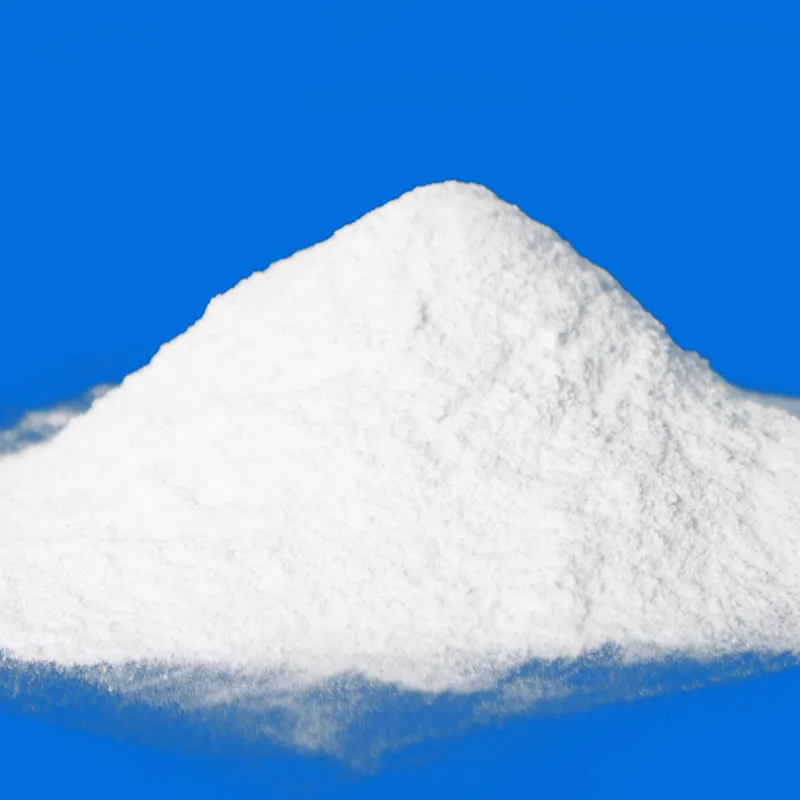
Exploring the Benefits and Applications of Emulsifiers in Food and Cosmetic Industries
Understanding Emulsifier E322 and E476 Their Role in Food Production
Emulsifiers play a crucial role in the food industry, serving as agents that help stabilize mixtures of oil and water, which typically do not mix well. Among these, E322 and E476 are two commonly used emulsifiers with distinct properties and applications. This article delves into their characteristics, sources, uses, and the implications for health and nutrition.
What are E322 and E476?
E322, also known as lecithin, is a natural emulsifier derived from various sources, including soybeans, eggs, and sunflower seeds. Lecithin is rich in phospholipids, which have hydrophilic (water-attracting) and hydrophobic (water-repelling) properties. This unique combination allows lecithin to interact effectively between oil and water, promoting homogenization and stability in emulsified products.
E476, on the other hand, is often referred to as polyglycerol polyricinoleate (PGPR). This synthetic emulsifier is derived from glycerol and castor oil. While it serves a similar purpose in food applications, E476 is particularly valued for its ability to reduce viscosity and improve the texture of various food products, making it ideal for chocolate and confectionery items.
Uses in Food Production
E322 (lecithin) finds its way into various food products, including baked goods, salad dressings, mayonnaise, and chocolates. In baked goods, lecithin enhances dough moisture retention, leading to improved shelf life and texture. In emulsified sauces and dressings, it helps to maintain a stable mixture, preventing separation.
E476 (PGPR) is frequently used in the chocolate industry, particularly for coatings and fillings. Its capacity to lower viscosity allows chocolate manufacturers to produce thinner coatings, enhancing fluidity during processing and improving mouthfeel in the final product. Additionally, it contributes to a smoother texture, making chocolates more appealing to consumers.
Nutritional Aspects
emulsifier 322 476

From a nutritional standpoint, lecithin (E322) is often touted for its health benefits. It is a source of choline, an essential nutrient that plays a vital role in brain health, liver function, and lipid metabolism. However, it is important to note that the quantities consumed through food products are generally low and may not significantly contribute to overall dietary choline intake.
E476, while effective as an emulsifier, does not possess significant nutritional benefits. It is primarily used for its functional properties in food processing and should be consumed in moderation as part of a balanced diet. As an additive, it is deemed safe for consumption, but like many food additives, excessive intake may not be advisable.
Safety and Regulations
Both E322 and E476 are approved for use in many countries and are regulated by food safety authorities. They undergo rigorous testing to ensure their safety for human consumption. Lecithin (E322) is generally recognized as safe (GRAS) in the United States and is widely accepted in Europe and other regions.
E476 also holds a safety status, but its use may be scrutinized due to its synthetic nature. Consumers concerned about processed foods may prefer products that contain natural emulsifiers like E322. Nevertheless, the prevailing scientific consensus indicates that both emulsifiers are safe when used within established regulatory limits.
Conclusion
Emulsifiers like E322 and E476 are indispensable in the food industry, contributing to the texture, stability, and overall quality of a wide range of products. While E322 (lecithin) is a natural emulsifier celebrated for its health benefits and functional properties, E476 (PGPR) is a synthetic option valued for its effectiveness in reducing viscosity, particularly in chocolate and confectionery.
As consumers become more aware of food additives and their implications, it is essential to foster an understanding of these emulsifiers. Educating oneself about the functions and safety of E322 and E476 can empower consumers to make informed choices in their dietary selections, balancing pleasure and health in their food consumption. Ultimately, the inclusion of these emulsifiers in food products is a testament to the advancements in food technology and the ongoing quest to enhance the culinary experience.
-
Aluminum Hydroxide: Quality Gels & Dried Gel AntacidNewsAug.31,2025
-
Buy High-Quality Trichloroisocyanuric Acid for Sale | TCCA 90% SupplierNewsAug.30,2025
-
Pure Sodium Dichloroisocyanurate Dihydrate | Powerful DisinfectantNewsAug.29,2025
-
Industrial Chemicals: Quality & Purity for Every IndustryNewsAug.28,2025
-
Nitrile Rubber Honoring Strict Production StandardsNewsAug.22,2025
-
Aspartame Ingredients Honoring Food Safety ValuesNewsAug.22,2025
-
Fertilizer for Balanced Plant NutritionNewsAug.22,2025
Hebei Tenger Chemical Technology Co., Ltd. focuses on the chemical industry and is committed to the export service of chemical raw materials.
-

view more DiethanolisopropanolamineIn the ever-growing field of chemical solutions, diethanolisopropanolamine (DEIPA) stands out as a versatile and important compound. Due to its unique chemical structure and properties, DEIPA is of interest to various industries including construction, personal care, and agriculture. -

view more TriisopropanolamineTriisopropanolamine (TIPA) alkanol amine substance, is a kind of alcohol amine compound with amino and alcohol hydroxyl, and because of its molecules contains both amino and hydroxyl. -

view more Tetramethyl Thiuram DisulfideTetramethyl thiuram disulfide, also known as TMTD, is a white to light-yellow powder with a distinct sulfur-like odor. It is soluble in organic solvents such as benzene, acetone, and ethyl acetate, making it highly versatile for use in different formulations. TMTD is known for its excellent vulcanization acceleration properties, which makes it a key ingredient in the production of rubber products. Additionally, it acts as an effective fungicide and bactericide, making it valuable in agricultural applications. Its high purity and stability ensure consistent performance, making it a preferred choice for manufacturers across various industries.





